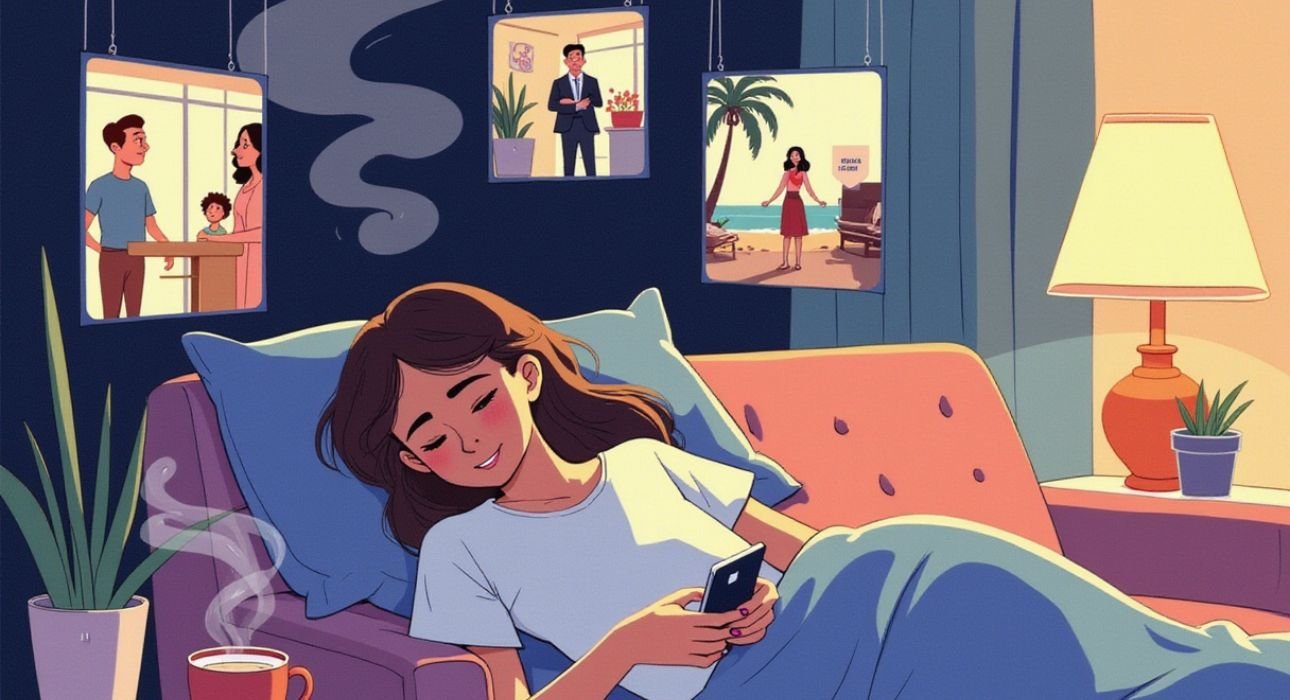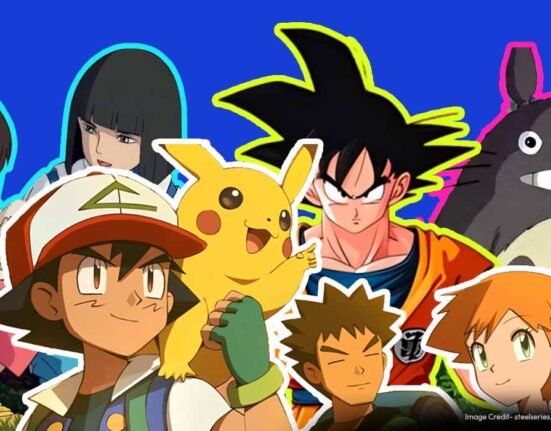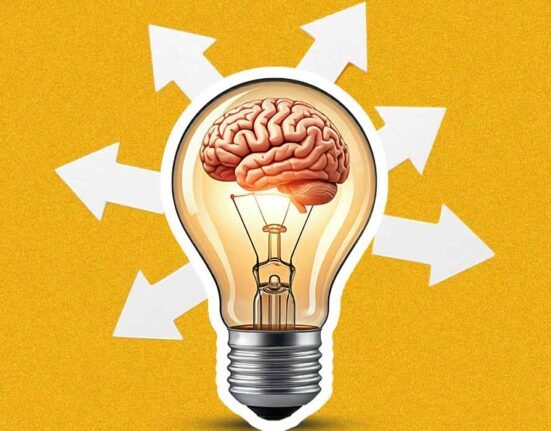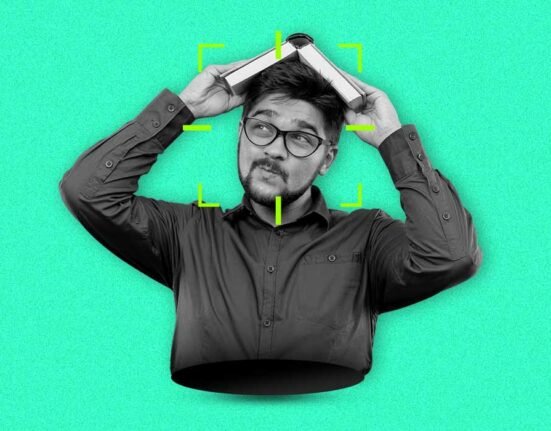THE SCROLL
You’re curled on the couch, phone glow on your face. Coffee steam rising.
Scroll.
A college friend just launched a startup.
Scroll.
Your ex-coworker’s promotion post: “Humbled to lead the team!”
Scroll.
A villa in Bali. Sun-drenched. Salt-kissed. Hashtag #blessed.
Your breath catches. Your shoulders tighten. And right on schedule, the whisper: “Why isn’t this me?” This isn’t jealousy—it’s your ancient survival brain snapping to attention. For millennia, we measured safety in tribe status. Seeing Thag’s sharper spear or bigger meat chunk meant “Adapt or die.” Your neural wiring hasn’t changed. Ananya’s Bali sunrise or Mohan’s VP title? To your primal cortex, they’re digital tiger pelts—proof you’re falling behind (on Success).
Why Your Brain Takes the Bait
Your response to that promotion post isn’t a character flaw. It’s evolution. For thousands of years, humans survived by constantly assessing their position within their social group. Those who accurately gauged their status and adjusted accordingly lived longer and had more opportunities to reproduce.
Social media hijacks this ancient system. When you see someone’s achievement, your brain processes it exactly like witnessing a tribal member’s success in person. Leon Festinger’s research in 1954 showed that we naturally compare ourselves to similar others (Festinger, 1954), but he studied small groups of college students, not endless feeds of curated content.
Today, your mind applies stone-age comparison mechanisms to space-age technology. The result? Neural circuits designed for survival in small communities now fire constantly in response to hundreds of digital “tribe members” sharing their best moments.
When Success Stories Hurt
When you see that promotion post, three brain systems activate simultaneously. First, your dopamine-driven reward system fires, creating what scientists call “vicarious reward processing”. Your brain craves that success for itself (Meshi, Morawetz, & Heekeren, 2013). It’s like watching someone eat your favourite dessert; your mouth waters even though you’re not eating.
Second, your anterior cingulate cortex—the brain region that processes social pain—lights up. Research shows this is the same area that activates when you experience physical injury (Eisenberger, 2012). The mind treats “falling behind” as a genuine threat, triggering stress responses meant for immediate physical danger. Third, cognitive distortion kicks in. Your mind compresses that person’s entire journey into a single moment of success. You see the promotion but not the years of struggle, the rejected applications, or the personal sacrifices. Psychologists call this “temporal compression bias”—we see the destination but miss the journey.
And while our brains are doing all this processing, algorithms are stacking the deck—curating feeds that amplify success and mute struggle. Research indicates that users see approximately ten times more milestone moments than setbacks in their feeds, creating a distorted perception of others’ lives (Chou & Edge, 2012). Here’s the crucial insight: your mind processes a carefully edited Instagram story the same way it processes watching someone succeed in real life.
The ancient neural pathways designed to evaluate social status can’t distinguish between authentic achievement and strategic posting. When someone shares their promotion, the brain doesn’t automatically adjust for the fact that they’re not sharing their failures, their anxiety, or the times they considered quitting. This triple-hit explains why a simple social media post can derail your entire mood. The mind genuinely believes you’re witnessing evidence of your inadequacy.
The Subtle Bruises You Don’t See
The psychological impact isn’t always dramatic. You don’t necessarily have a breakdown or delete all your apps. Instead, the damage builds up in small, nearly invisible ways that researchers are only beginning to understand. Research on self-efficacy reveals how repeated exposure to others’ superior performance gradually undermines our confidence in our abilities (Bandura, 2006). Each polished update chips away at your belief in your path, even when there’s no logical connection between their success and your progress.
This erosion happens so gradually that you might not notice it. You start hesitating to share your accomplishments because they seem insignificant compared to the social stagecraft you witness, questioning decisions that felt right yesterday. You postpone pursuing goals because you assume you’re already “behind.” Psychologists have identified this pattern as “achievement paralysis”, where exposure to others’ successes decreases your likelihood of pursuing your own goals. Ironically, the very content meant to inspire often has the opposite effect, leading to increased social isolation and decreased well-being (Primack et al., 2017).
Reclaiming Your Timeline
The truth that social media obscures is this: meaningful lives unfold at different paces, in different directions, with different definitions of success. When you stop measuring your Chapter 3 against someone else’s curated Chapter 12, you reclaim something profound—the right to your timeline. Some of the most significant human achievements happen privately and slowly. Learning to manage anxiety, building authentic relationships, developing wisdom, healing from trauma, or finding purpose—these rarely translate to shareable content, but they represent the foundation of a meaningful life.
The relationship between social media use and well-being depends largely on how we engage with the platform and the quality of our connections (Burke & Kraut, 2016). When we shift from passive consumption of others’ highlight reels to meaningful interaction and authentic sharing, the psychological impact changes dramatically. The next time you feel that familiar pang while scrolling, remember this: You’re not behind. You’re becoming—at your own pace, in your own story. And that’s more than enough.
References +
References +
Bandura, A. (2006). Self-efficacy beliefs of adolescents. Information Age Publishing. [Available through academic databases]
Burke, M., & Kraut, R. (2016). The relationship between Facebook use and well-being depends on communication type and tie strength. Journal of Computer-Mediated Communication, 21(4), 265-281. https://doi.org/10.1111/jcc4.12162
Chou, H. T. G., & Edge, N. (2012). “They are happier and having better lives than I am”: The impact of using Facebook on perceptions of others’ lives. Cyberpsychology, Behavior, and Social Networking, 15(2), 117-121. https://doi.org/10.1089/cyber.2011.0324
Eisenberger, N. I. (2012). The pain of social disconnection: Examining the shared neural underpinnings of physical and social pain. Nature Reviews Neuroscience, 13(6), 421-434. https://doi.org/10.1038/nrn3231
Fardouly, J., & Vartanian, L. R. (2016). Social media and body image concerns: Current research and future directions. Current Opinion in Psychology, 9, 1-5. https://doi.org/10.1016/j.copsyc.2015.10.021
Festinger, L. (1954). A theory of social comparison processes. Human Relations, 7(2), 117-140. https://doi.org/10.1177/001872675400700202
Meshi, D., Morawetz, C., & Heekeren, H. R. (2013). Nucleus accumbens response to gains in reputation for the self relative to gains for others predicts social media use. Frontiers in Human Neuroscience, 7, 439. https://doi.org/10.3389/fnhum.2013.00439
Primack, B. A., Shensa, A., Sidani, J. E., Whaite, E. O., Lin, L. Y., Rosen, D., … & Miller, E. (2017). Social media use and perceived social isolation among young adults in the US. American Journal of Preventive Medicine, 53(1), 1-8. https://doi.org/10.1016/j.amepre.2017.01.010













Leave feedback about this